Why More Isn’t Always Better: The Self-Care Trap for Everyone, Especially Those with Chronic Illness
Category: Chronic Health Tips
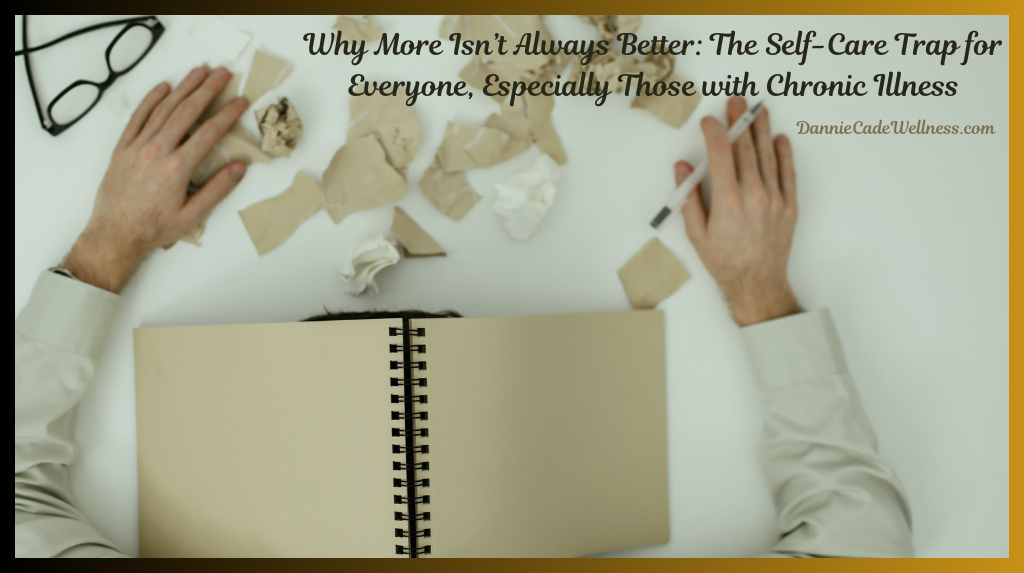
Thank you for tuning in to my blog, I’m so glad you’re here because today, we’ll be going into a topic that I know so many of us can relate to: self-care. But not just any self-care… the kind of self-care that actually makes you feel worse. I know that sounds counterintuitive, but stick with me.

We live in a world that tells us to do more: more exercise, more supplements, more meditation, more “wellness”, but what happens when “more” turns into an exhausting game of trying to keep up with an ever-elusive wellness standard?
For those of us living with chronic illness, it’s not only unrealistic; it can actually make things worse. Today, we’re going to explore why overloading on self-care might be the biggest mistake you’re making, especially if you’re managing a chronic condition.
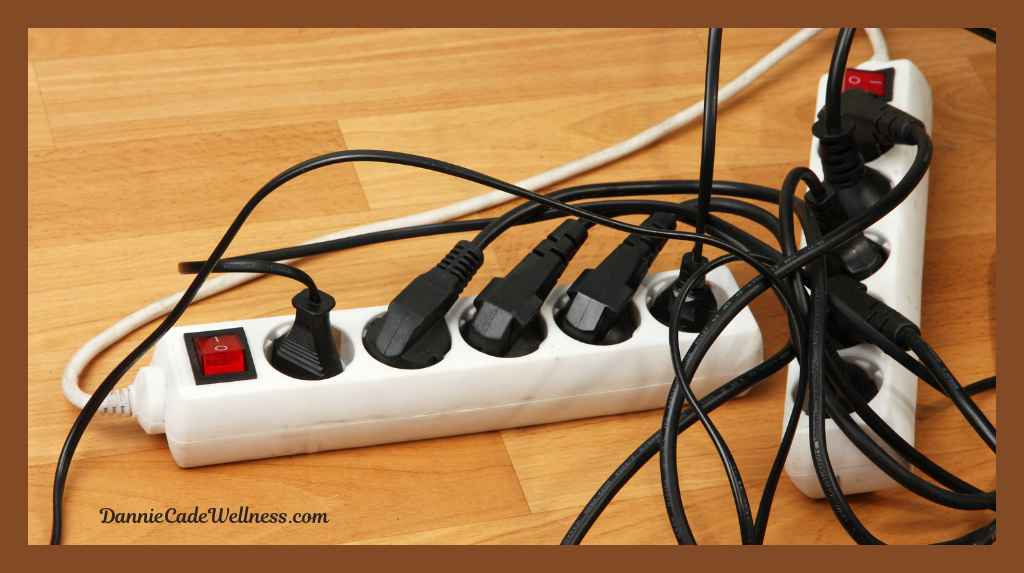
Let’s start by looking at the wellness world. Everywhere you look, there’s an expert telling you about the latest self-care trend: “Do this for better sleep.” “Try that diet for more energy.” “You must get into this workout routine to feel great.” “Take THIS supplement” … and here’s the kicker: I know, I’m one of them! That’s why you’re probably sitting there thinking, “Wait, what’s going on here?”

Well, don’t get me wrong, self-care IS vital, but for those of us with chronic illness, something strange happens when we try to do it all. We end up in a hamster wheel of burnout, frustration, and maybe even feeling worse than when we started.

I’ve been there where I once thought I could overhaul my life in one fell swoop. Ditched all the comfort foods, jumped into kickboxing and martial arts but unfortunately my coach made zero allowances for my health struggles. Wanna guess what my result was?

Yup, I ended up with a bruised ego, fascia damage, and a huge wake-up call. You see, the pressure to fit into these wellness 1-size-fits-all molds can be utterly exhausting, and it’s even more complicated when your health is unpredictable.
You might have a few good days, but then—BANG!!!—a flare-up hits and suddenly all of those “wellness solutions” are impossible to keep up with and guess what? That’s more than okay! It’s very human and quite normal, so today we’re going to talk about how to break free from the wellness trap and design a self-care routine that actually supports your health whether you’re living with chronic illness or not.

Here’s the big, weird secret: That expression “more is better” isn’t quite true. More doesn’t always mean better, in fact, when it comes to wellness, sometimes “more” can be your body’s worst enemy. Let me break this down. Think about exercise. We all know that exercise is key to feeling good, right? But when you’re living with chronic pain, fatigue, or autoimmune conditions, high-intensity workouts can be your body’s version of a bad idea.

Trust me, I learned this the hard way when I tried to keep up with a high-intensity fitness program that only ended in flare-ups and an injury. The instructor’s idea of “pushing limits” was not exactly what my body had in mind. Same goes for diets.
The world is overflowing with diet plans claiming they hold the key to a vibrant, energized life, but for someone with chronic illness, those drastic changes can feel like they’re signing up for a personal “stress overload” seminar. Managing every little food detail creates mental strain and actually makes things worse.

In short: The “do more to feel better” mantra is actually a trap. It creates an impossible standard and ultimately leaves you wondering why you’re failing when in reality, your body is just asking for a different approach. So, what does chronic illness need from self-care?

Let’s get down to the weirdly simple truth here: Balance, Realistic expectations, and above all, flexibility. Your self-care routine can’t be a rigid to-do list of wellness tasks. It needs to change with the seasons of your health because trust me, chronic illness doesn’t operate on a schedule.

The truth no one tells you? Is that the best self-care for chronic illness often looks like doing less, not more, and before you shout out “WHAT?!”, hear me out: It’s about listening to your body, respecting its needs, and giving it room to breathe. For example, instead of following a strict workout plan, you can enjoy gentle movement, like stretching, yoga, or even a casual walk.

Back in 2016, I got to know the wonders of walking, and no it wasn’t a “hardcore workout,” but it was my path back to feeling like me. Thanks to my PTSD I have no interest in neon gym lights, grunting noises and vanity shows, instead I just enjoyed the simple act of walking alone outdoors while listening to happy music, and guess what? It worked wonders!

Instead of obsessing over trendy, restrictive diets, I learned how I was going to nourish my body with food that feels good, without the mental gymnastics. That brings us to the mental health part of this, practicing mindfulness in a way that works for you is key.

What I mean by that is that we’re usually all so tense we don’t even know it. So, let’s break free from the shoulder-to-ears syndrome, find that deep breath, and release the tension that’s silently eating away at us.

And now, let’s talk about something no one else is telling you either: The weird, liberating power of saying no. Yes, you heard me: “NO” to wellness overload. “NO” to the constant pressure to “do more,” to “keep up,” to take every supplement under the sun, to jump on every new wellness trend. When you live with chronic illness, you have the right to simplify.

You have the right to release unrealistic expectations and say, “You know what? Not today, wellness industry. Not today.” You don’t have to be doing all the things, your self-care should reflect your needs, not someone else’s Instagram feed. Here’s another bizarre truth: resting, taking naps, and simply doing less can actually be the most powerful form of self-care. Why?

Because it’s honoring your body’s actual needs, not pushing it past its limits. When you rest, your body gets the space it needs to heal, rather than running itself into the ground, and maybe that’s exactly where you are in your healing journey so honor that, please, let yourself heal.

So bottom line, what does all this mean for you? It means you get to take control. You get to define what self-care looks like for you. No more trying to fit into the mold of what the world tells you “self-care” should be. It’s your life. You set the rules. If you’re managing chronic illness, your self-care can be simple, flexible, and realistic. Again,honor your body. Listen to it.

There’s no shame in taking it easy so the next time you feel the pressure to ‘do more,’ take a moment and ask yourself: Is this actually going to help me feel better, or is it just another burden I’m adding to my plate?

Thank you so much for tuning in today! I hope this conversation helped you rethink what self-care means for you and empowered you to embrace a health routine that supports your well-being. If this resonated with you, don’t forget to like, share with someone who you know could use this and comment with your thoughts! I’d love to hear how you’re redefining self-care in your life, or how you want to and if you’re looking for help with that I’m really easy to hunt down. Failing that, drop me the word “Rethink” and I will get in touch!
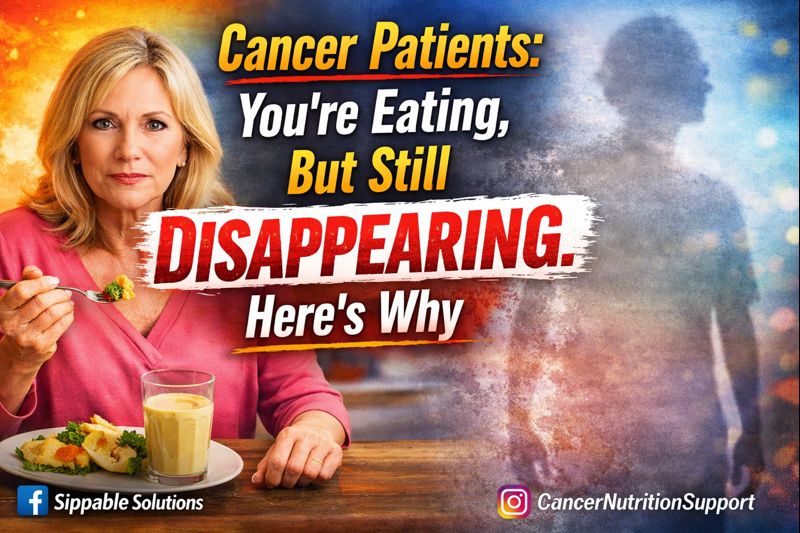
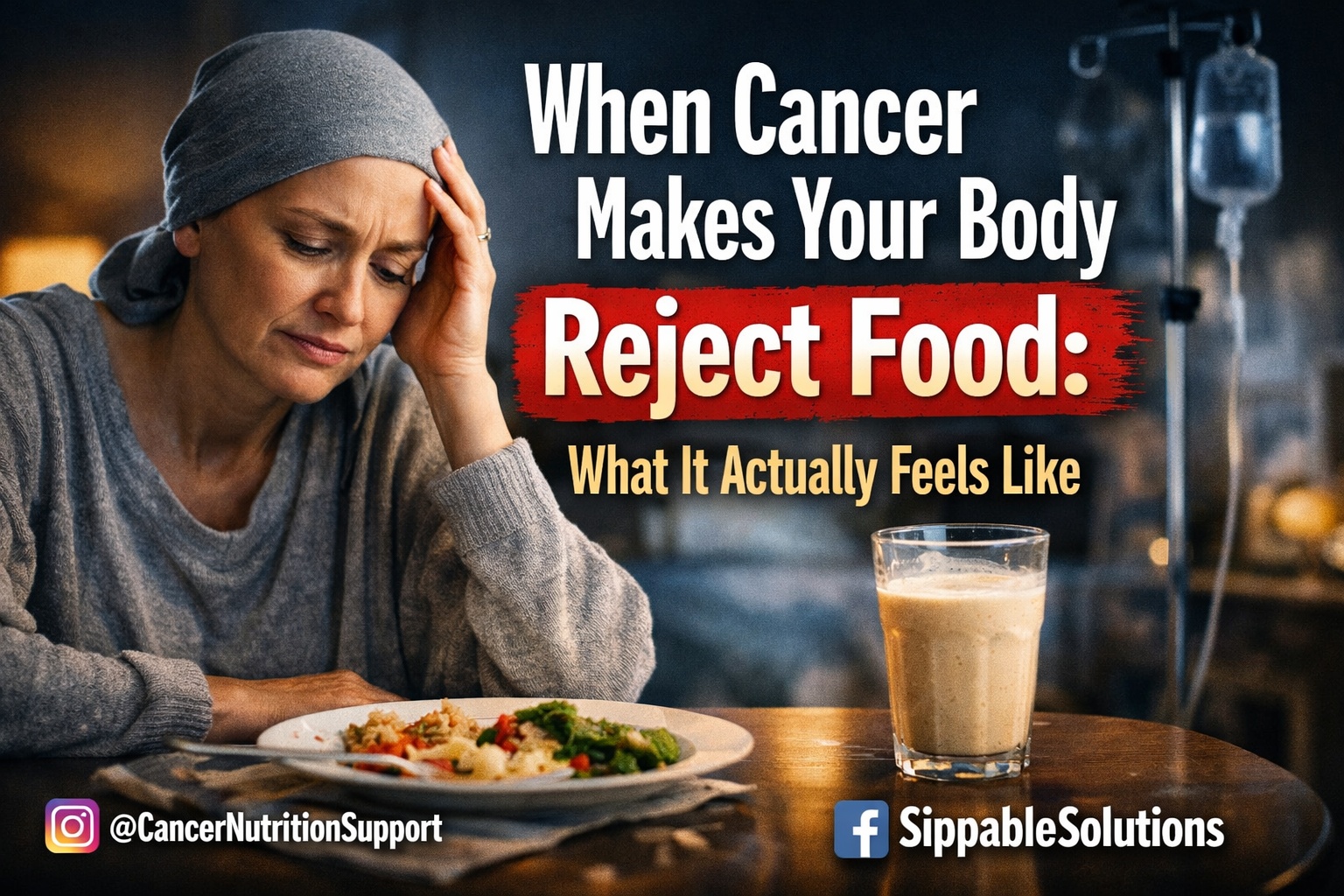
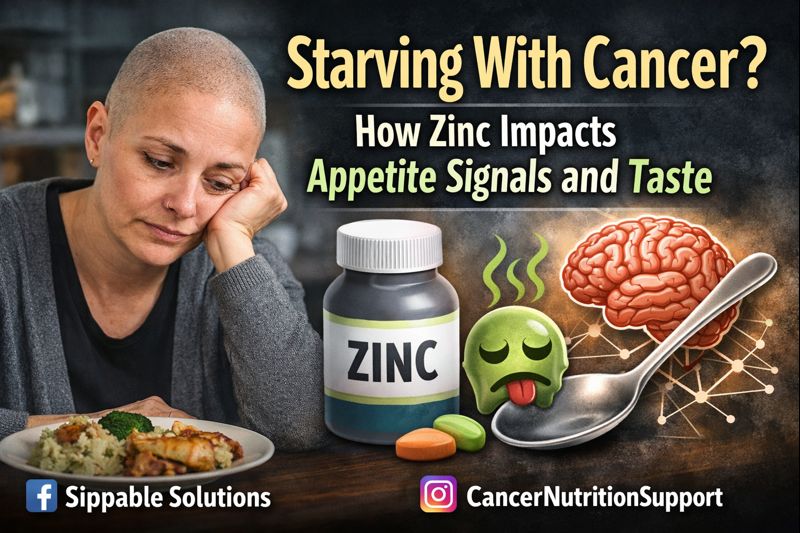
Facebook Comments